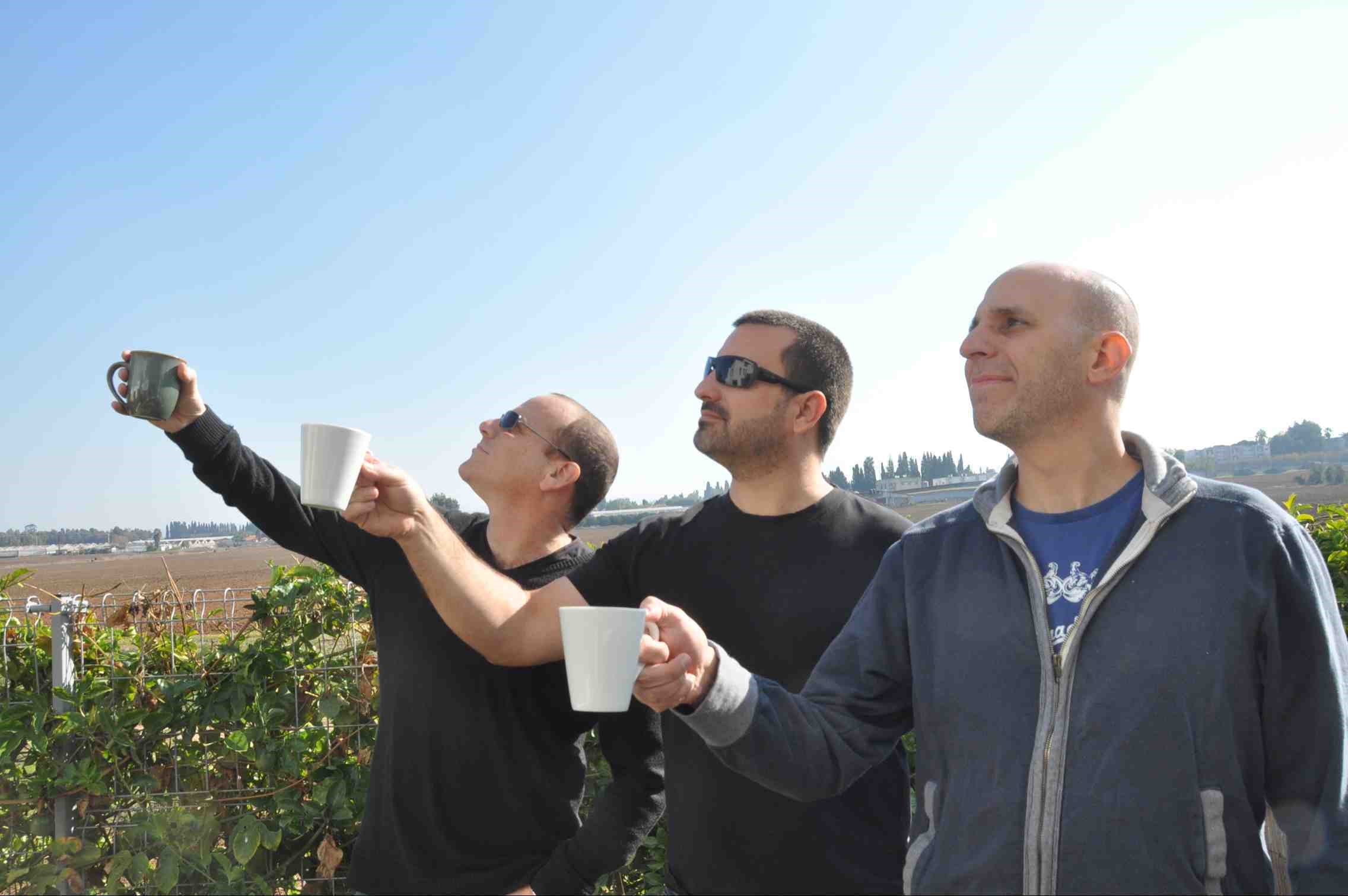 SAN FRANCISCO – Israel is home to a vibrant startup ecosystem stocked with technical talent, entrepreneurial spirit, and venture capital. For these reasons, Microsoft chose Israel as the location of its first ever startup accelerator program which started last year and just graduated its second class.
SAN FRANCISCO – Israel is home to a vibrant startup ecosystem stocked with technical talent, entrepreneurial spirit, and venture capital. For these reasons, Microsoft chose Israel as the location of its first ever startup accelerator program which started last year and just graduated its second class.
I visited Microsoft’s office in San Francisco yesterday to meet with some of these startups and learn more about the program and its progress.
(Also, so I could tell my Bubby I met some nice Israelis.)
Hanan Lavy is the accelerator director in Israel. He measures the program’s success based on how many startups get funding within a year, the average amount raised, and how many members of the current class refer startups to the next class. By these standards, Microsoft’s program is doing well. The second class graduated two weeks ago and 10 of the 13 companies have already raised funds. The average raise of the first class is around $900,000 and the number of applications has tripled.
“This was a new model for Microsoft to operate an accelerator fully owned and run by Microsoft,” he said. “We make sure the companies have a big vision, the entrepreneurs can execute, that a strong tech person is part of the core team, and that the participants are coachable and open-minded. Many startups get involved with what they think is a pain point, but it isn’t really.”
The program lasts for four months where the startups get out and talk to customers, iterate and develop the product, interact with mentors, and hone their pitch. At the end of it all, they come to the U.S. for marketing, fundraising, and publicity. While Israel has an active startup scene, a strong presence in the U.S. market is still important for growth.
Kitchenbug
Kitchenbug wants to tell the true story behind food. The startup uses natural language processing to analyze recipes and generate full nutritional data, as well as helpful clues to understanding what that data means.
Understanding the health impact of a dish is not as simple as checking calorie, fat and sugar content. A number of other factors are at play and people without extensive knowledge of nutrition may not be aware of the consequences of certain meals. Kitchenbug addresses this issue by attaching green or red icons to each dish that say things like “not very heart healthy” or “good for feeling full” or “bad choice for weight loss.” That way, instead of parsing through various dishes and nutrition resources, you can instantly know if a recipe is right for you.
The founders have known each other for 25 years and live close together in Israel. COO Dror Daliot said that they used to be “chin-up champions” who were fit, slim, and strong, and then “life happened.”
“I love my daughters but they are terrible for my diet,” he said during a demo. “Pancake mornings and evening pizzas are not the healthiest. At a BBQ, I looked at my friends and our crumbling frames and said ‘guys, we have to do something about this.’ We decided to develop technology that takes any online recipe from any website and instantly provides dietary information you need.”
60 percent of the Western world is overweight and 25 percent is obese, with weight-related diseases and allergies on the rise. According to Daliot, recipes are the second biggest search category on the web with 2 billion searches a month, and almost 50 percent of Americans search for info about health food. The Kitchenbug founders are not alone in their efforts to prepare healthy, home-cooked meals.
Kitchenbug has a bookmarking button that collect recipes into an online recipe box. Clicking into an ingredient will yield a description and serving sizes can be easily adapted. The app is social so people can share recipes, follow others, and discover new recipes. The company launched a WordPress plugin in January for food bloggers and over 2,500 recipes have been published so far, receiving 40 million views in 100 days. In the pipeline for Kitchenbug are icons and filters for ideological, allergy, and religious constraints. The data is based on nutritional information from the USDA database, as well as food manufacturers and brands, Wikipedia, and FDA regulations.
The team has raised $650,000 to date.
